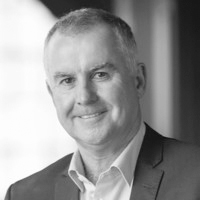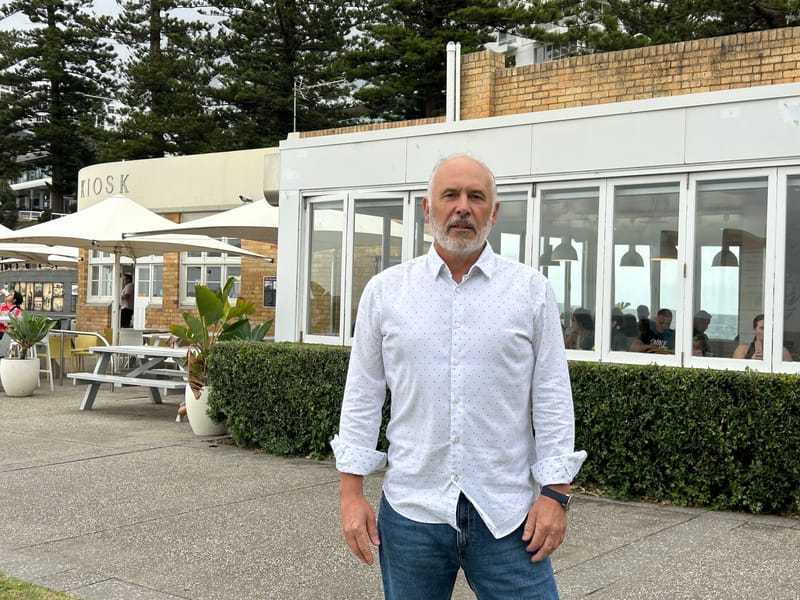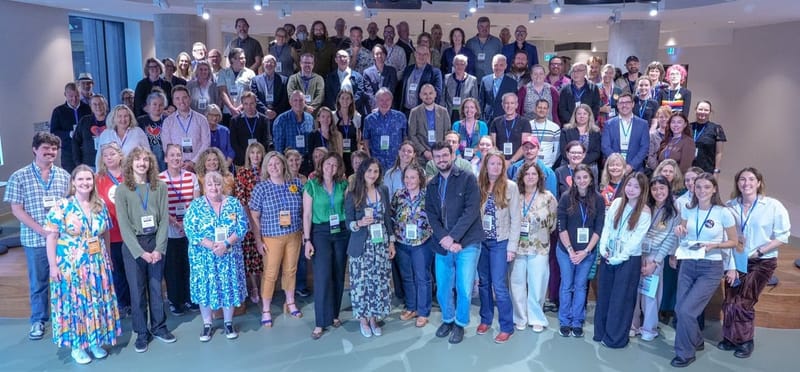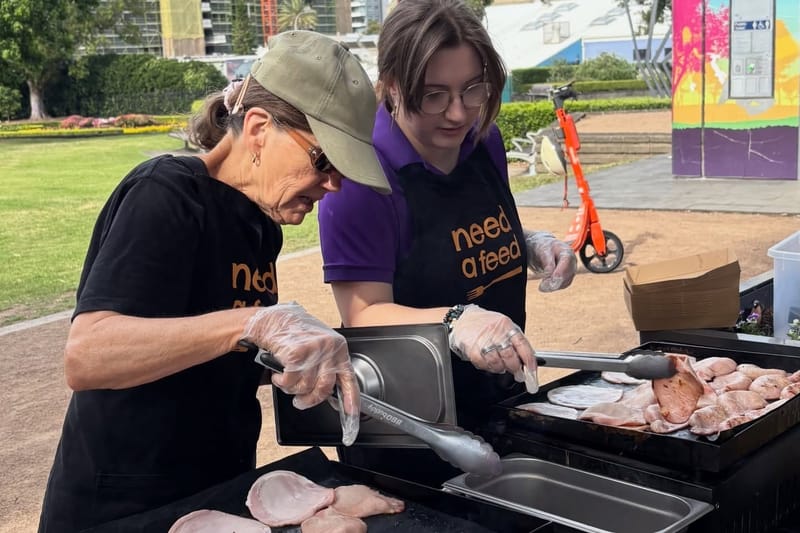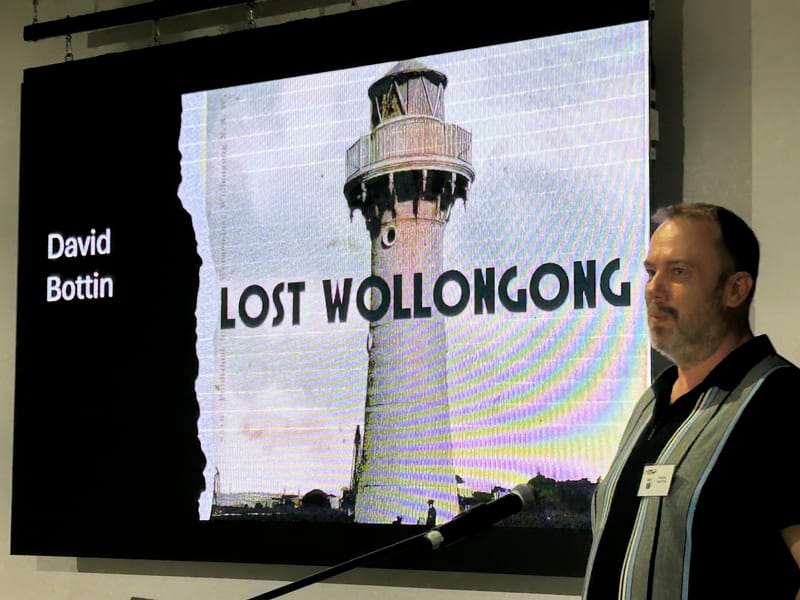Launch of Friends of UOW’s Woolyungah Indigenous Centre
I know there are many, like me, who’ve struggled since last October’s Voice referendum result; wondering what comes next. You’ll recall, as a nation, we voted overwhelmingly not to give our First Nation’s people a Voice to Parliament...
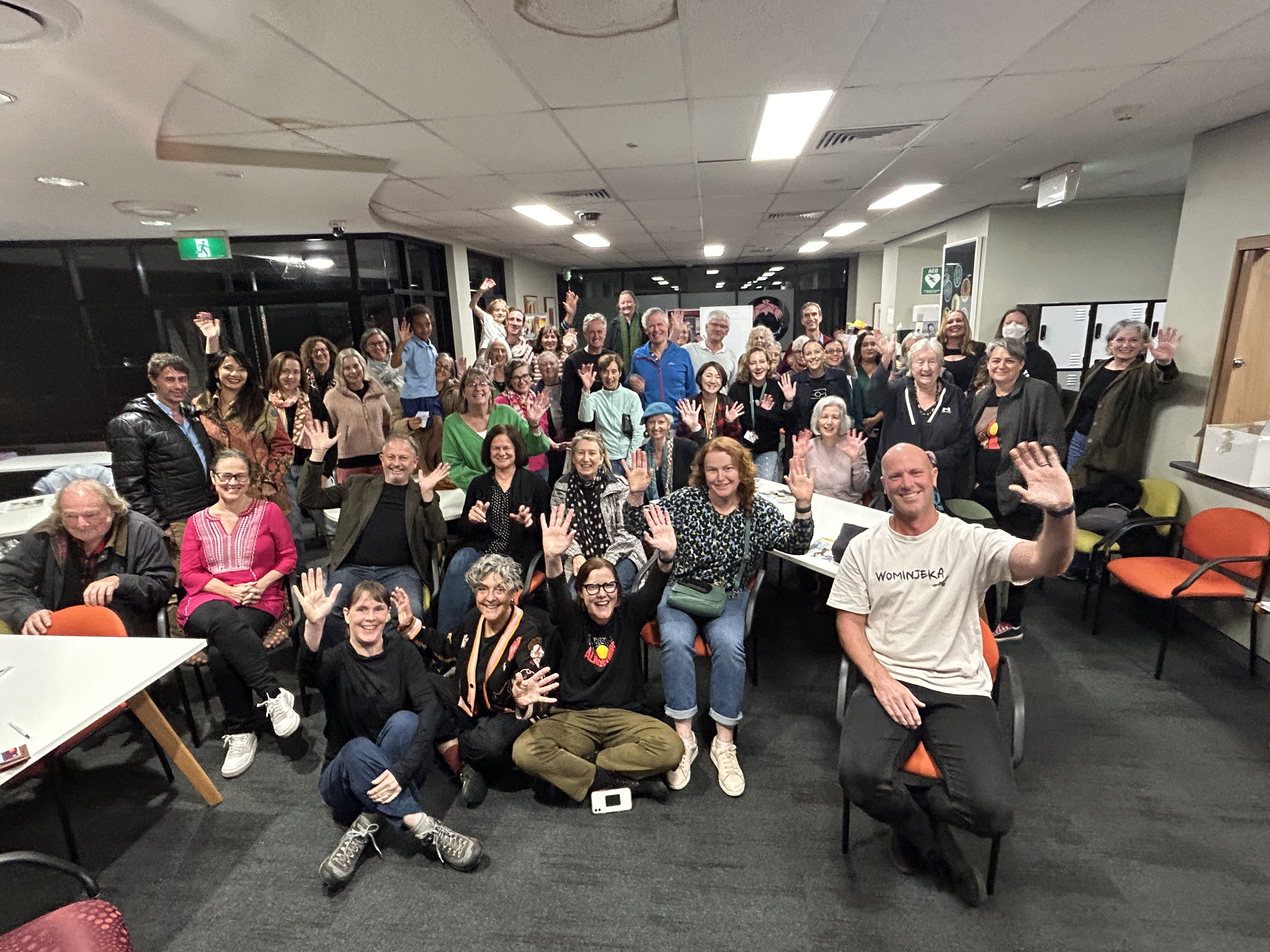
I know there are many, like me, who’ve struggled since last October’s Voice referendum result; wondering what comes next.
You’ll recall, as a nation, we voted overwhelmingly not to give our First Nations people a Voice to Parliament. Thankfully, in Wollongong the Yes vote scraped across the line after a determined grassroots campaign to call out the misinformation and deceit being peddled by our opponents.
In the six months that have followed, local Yes supporters have waited, seeking guidance from our First Nations friends about what we can do to salvage something from the wreckage.
At the University of Wollongong on Tuesday night, a new alliance was formed; the Friends of Woolyungah Indigenous Centre (WIC).
Nearly 70 of us pledged our commitment to do whatever we can to support WIC in its endeavours and to keep alive the spirit of friendship and cooperation that gained such strength and meaning during the referendum campaign.
Why Woolyungah?
It was the team at Woolyungah who hosted the launch of the Illawarra Yes campaign in June last year, and we stood side by side in the months that followed to try to convince voters of the importance of finally showing the trust to give our First Nations people a Voice.
Wollongong’s 2023 Citizen of the Year, Sally Stevenson, recalled how she made a promise to the Woolyungah leadership team one morning, when a small group of Indigenous and non-Indigenous Yes23 campaigners watched the sunrise over Dharawal country just before the referendum, to continue her commitment to the Uluru Statement of the Heart, regardless of the outcome. She said that the Friends of WIC was an opportunity for her and this group to do that – to support activities and events of the Illawarra Aboriginal and Torres Strait Islander communities, to support truth telling – and importantly, to hold ourselves accountable to our personal commitment to the principles of the Voice.
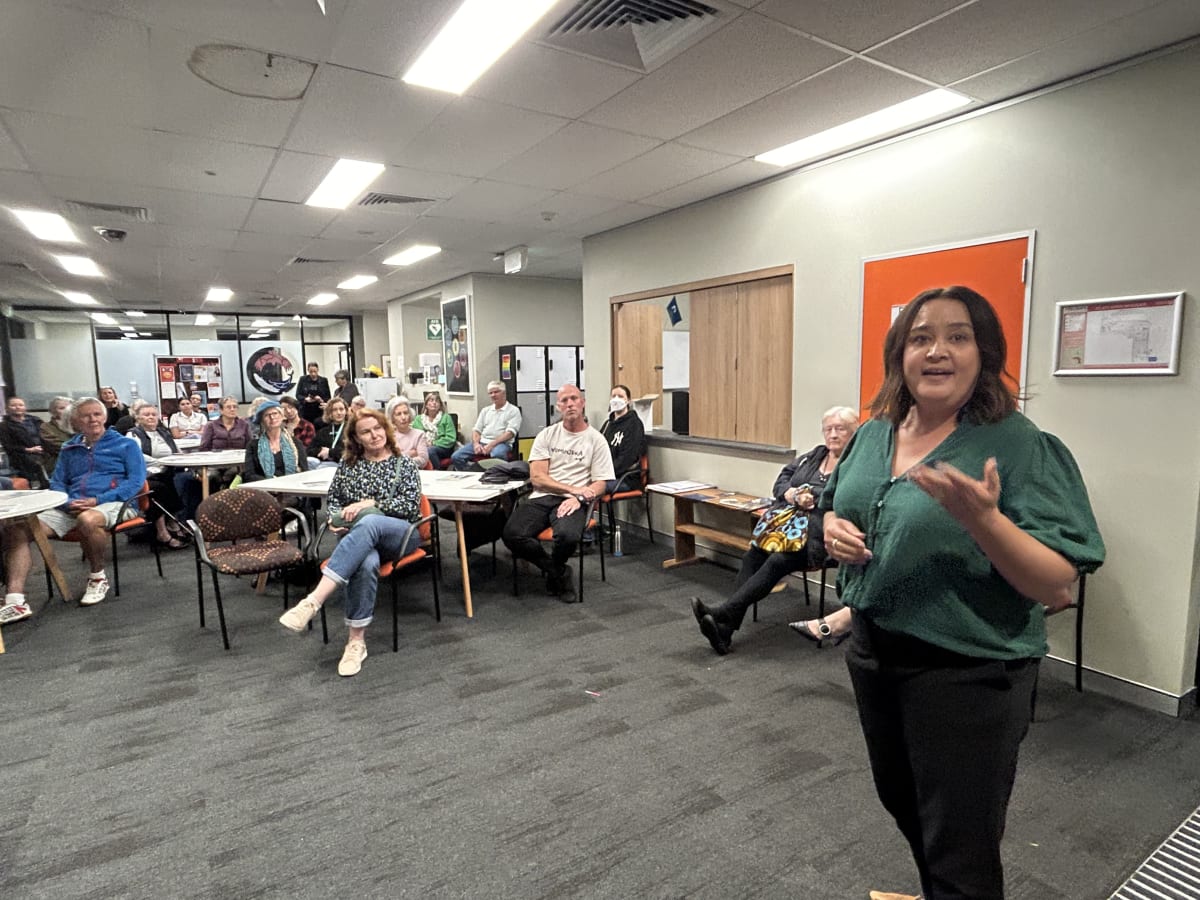
Understanding the pain
None of us can understand the pain and the hurt that the rejection of the Voice did to our Indigenous friends.
At the Friends of WIC launch, Woolyungah staff member Jaime King said, “After the referendum, this was the only place that felt safe for me.”
For most of us, this was the first opportunity to hear how our Indigenous allies were feeling and how they were framing their future.
Jaymee Beveridge, the director at WIC, said following the referendum “our people were upset, hurt, it was a very emotional time”.
Rethinking the journey
UOW’s Indigenous staff met together off campus “to find an opportunity to rethink our journey? How can we heal together, individually, and as a society?”
It was decided to take a new track.
“We’ve been kidding ourselves that practical reconciliation can work,” Jaymee said.
It seems UOW will make a significant shift, abandoning National Reconciliation Week, which starts at the end of next month.
“Reconciliation isn’t about one day or one week a year. It needs to be about every decision we make,” Jaymee said.
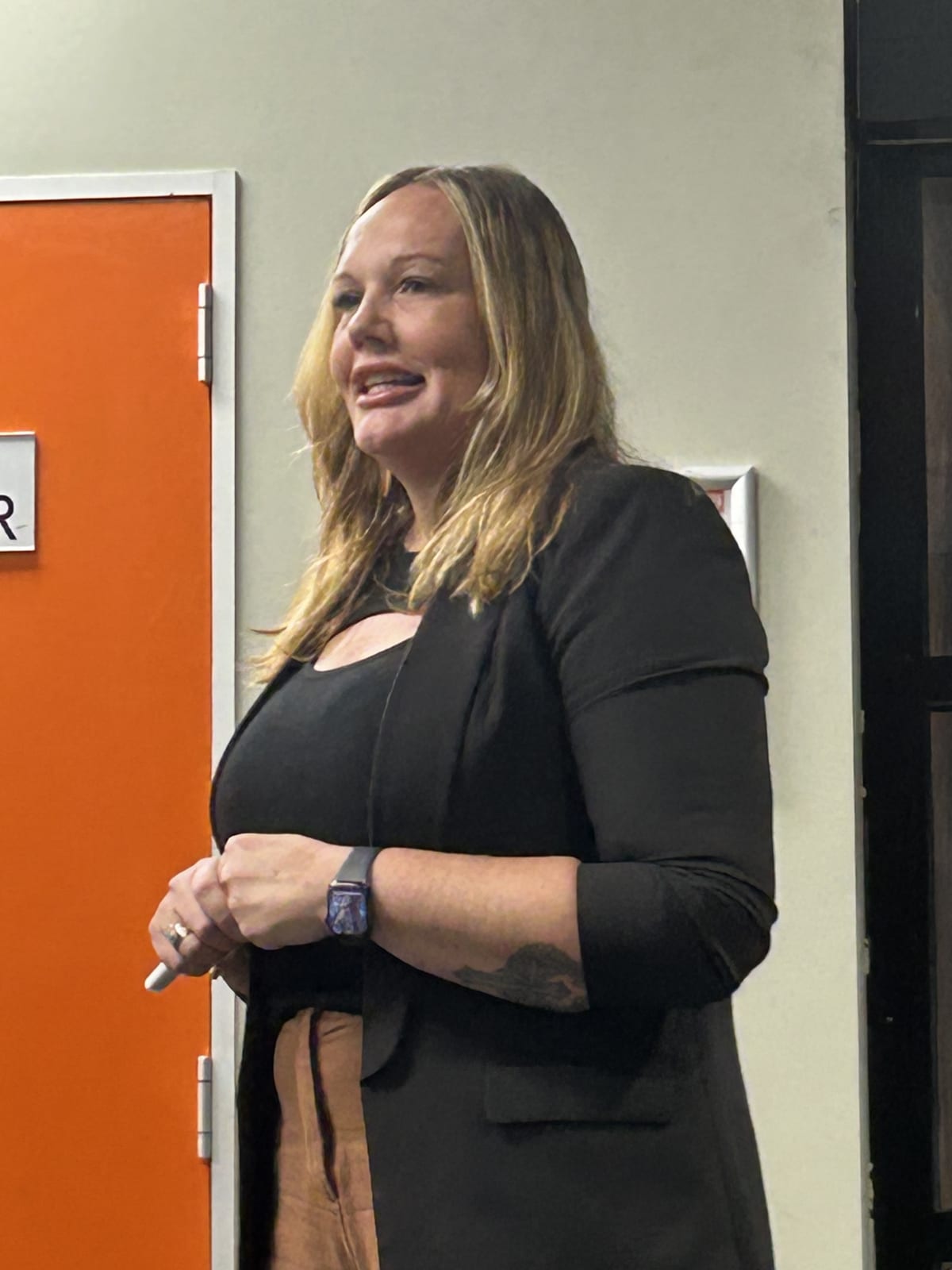
Heading down a new track
Tammy Small, the Indigenous Advancement Manager at UOW shared, “We decided the whole notion of ‘reconciliation’ was sapping the energy of our people. Instead, we’re headed down a healing and recognition track.”
Catherine Moyle, who is Conscious Community Lead at WIC, said Australia’s Indigenous and non-Indigenous people had been “reconciling for decades”.
The referendum result proved that it hadn’t worked.
“Reconciling is about bringing two relationships back together, but when there hasn’t been a relationship, we can’t reconcile anything – until we start telling the truth,” Catherine said.
Truth telling and recognition will be at the centrepiece of a new UOW Indigenous strategy now under development.
“We will be the first university in Australia to have a dedicated plan like this,” Jaymee said, and she’s seeking the support of the Friends of WIC in finalising it and then supporting its roll-out.
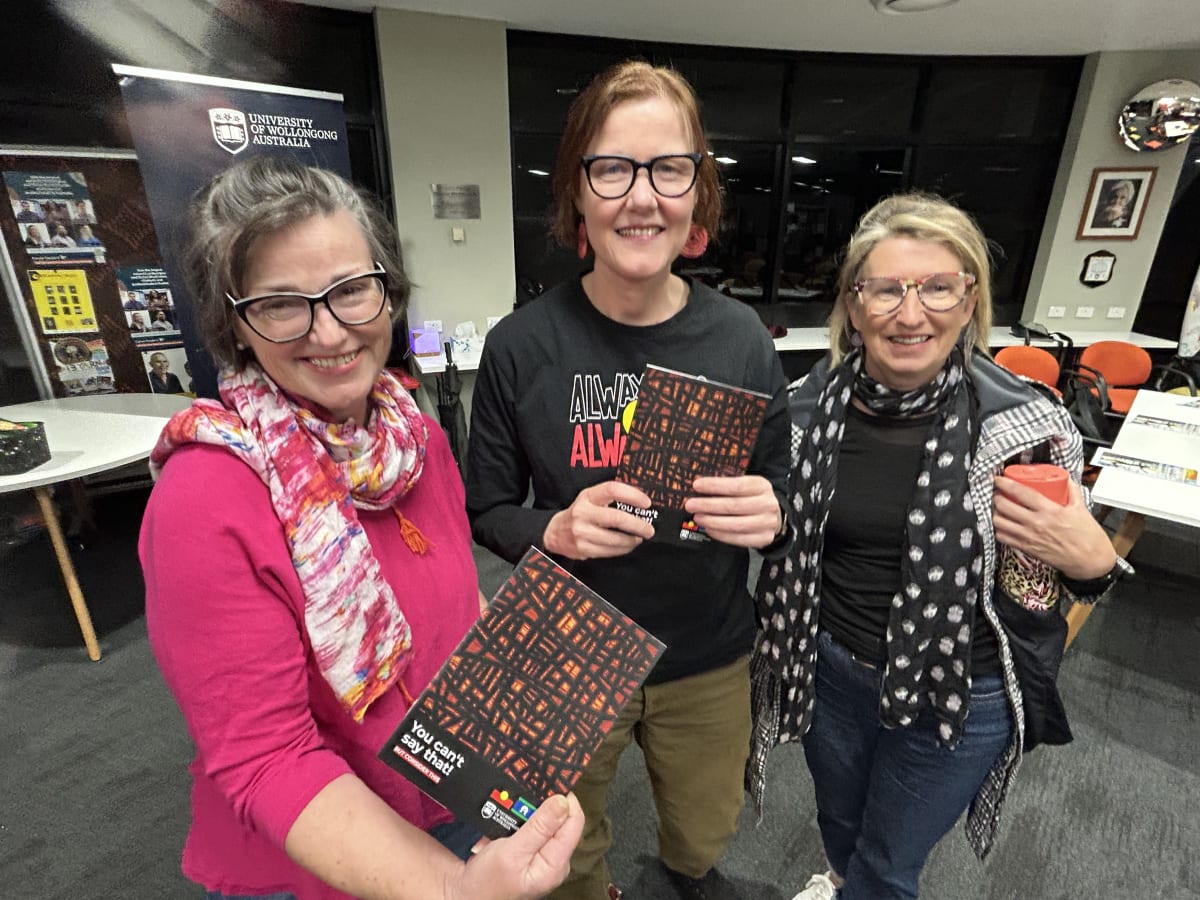
You Can’t Say That!
At the Friends of WIC launch, we were shown a new educational tool developed by the Woolyungah team; a brochure titled You Can’t Say That!
It was created as a response to a need that was identified at UOW by students, staff and community.
“Language matters, words have power and sometimes those words are used in ways that create unsafe spaces, undermining otherwise respectful relationships and presenting barriers to meaningful engagement,” the introduction to You Can’t Say That! reads.
The Friends of WIC will welcome other like-minded allies of local First Nations people in the Illawarra. You can register by emailing wic-events@uow.edu.au
The grassroots alliance is looking forward to supporting WIC at a number of significant events throughout 2024, including when UOW hosts the Indigenous Sporting Nationals in June, NAIDOC Week in July, and planning is just getting underway for a local event on International Allyship Day on 8 August.
Yet to be determined is how we should mark the first anniversary of the ill-fated referendum in October. The Friends of WIC will work closely with our First Nations allies in support of something meaningful and respectful.
Woolyungah’s Catherine Moyle wrapped up our launch, sharing with us a Maori allegory: “When we lash our wakas (canoes) together it boosts our buoyancy, and the capacity to withstand challenges and help get us to where we’re going…Friends of Woolyungah are an important pontoon for the Woolyungah Indigenous Centre.”
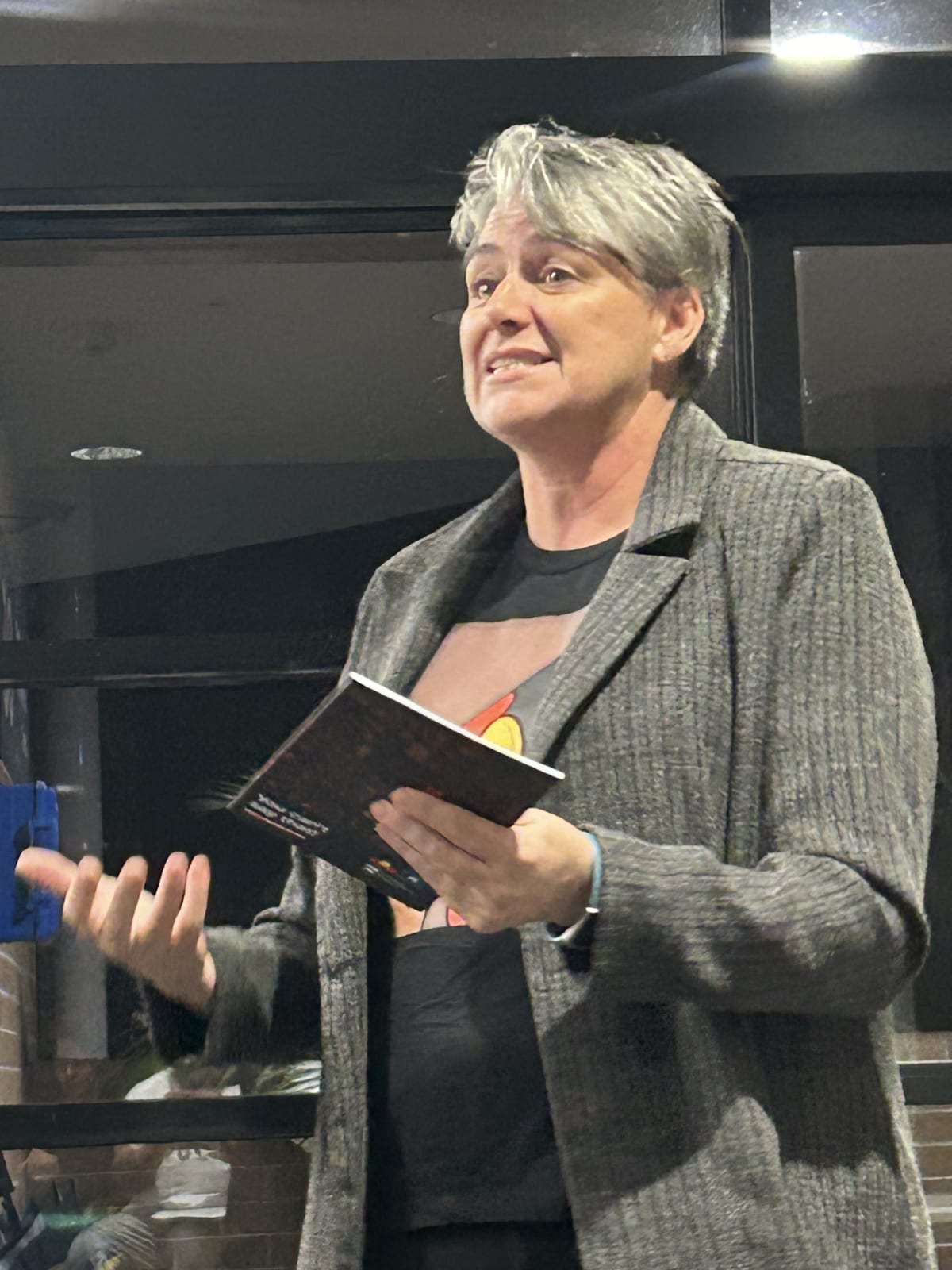
About the writer
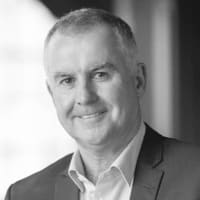
Jeremy Lasek has many decades of experience in media, marketing, events and PR. His career began in the Illawarra with the Lake Times, ABC Radio and WIN-TV. For eight years Jeremy was news director for WIN in Canberra and was national news director before joining the National Capital Authority as head of media and events. Jeremy was executive director of ACT Government Communications, Events, Arts, Heritage and Protocol for many years, was Chief of Staff to the ACT Chief Minister and had responsibility for the Centenary of Canberra celebrations in 2013. Before returning to Wollongong, Jeremy was CEO of the National Australia Day Council (including the Australian of the Year Awards) and head of communications for the Australian Federal Police. He was part of the Yes23 campaign and is a regular Illawarra Flame contributor.

